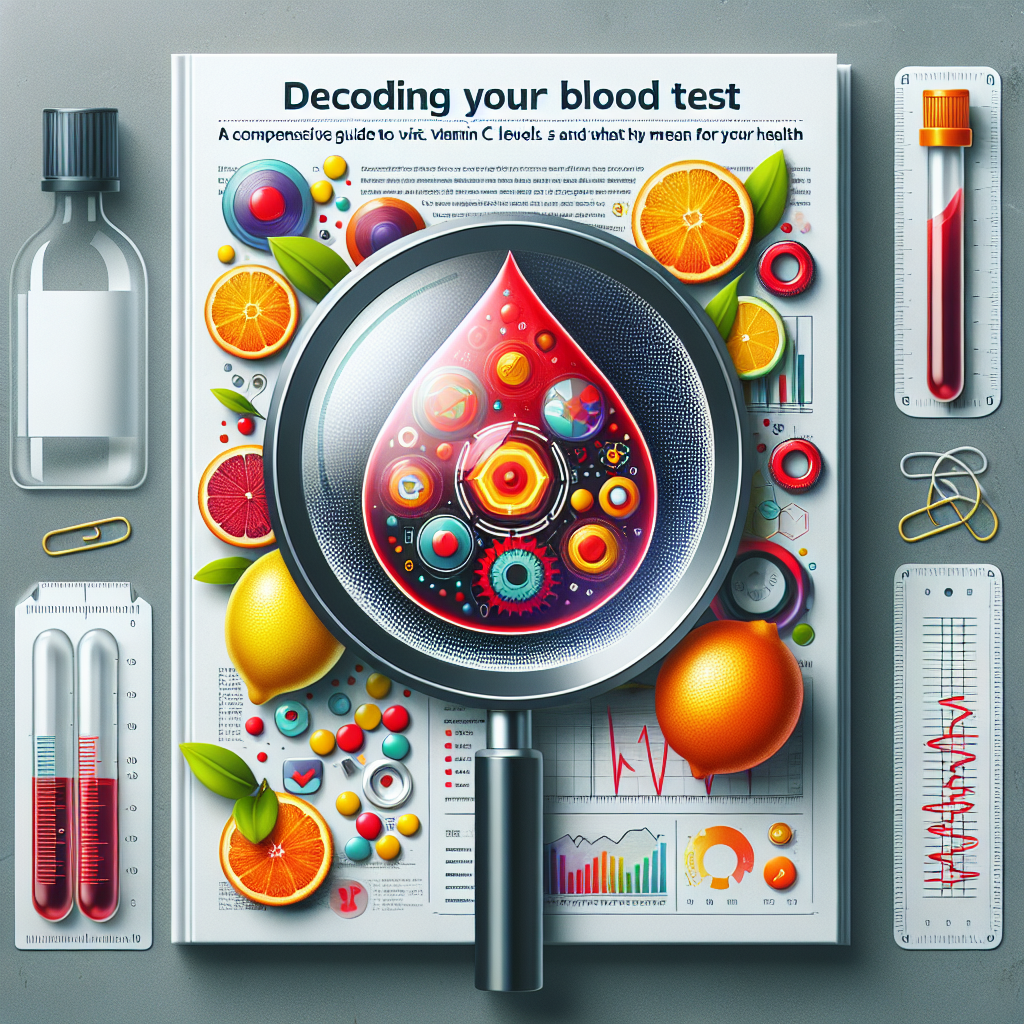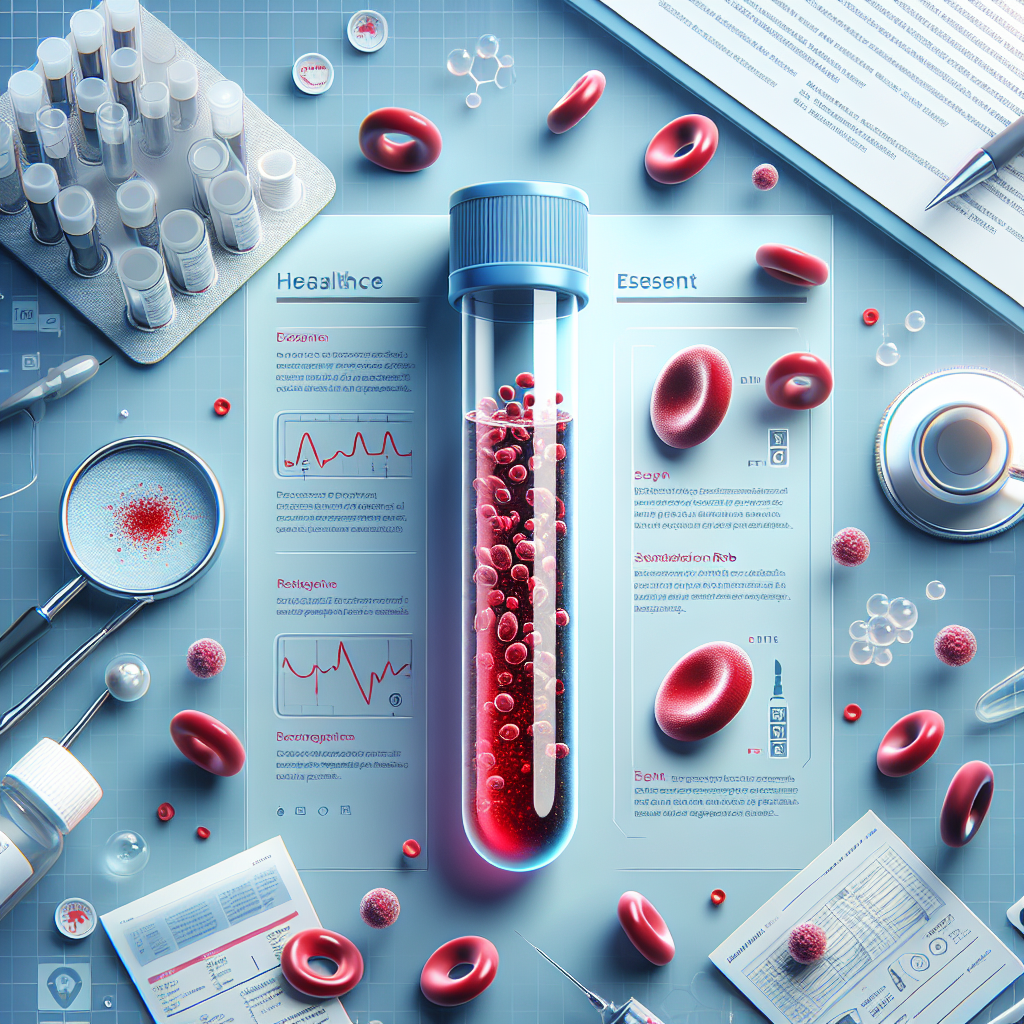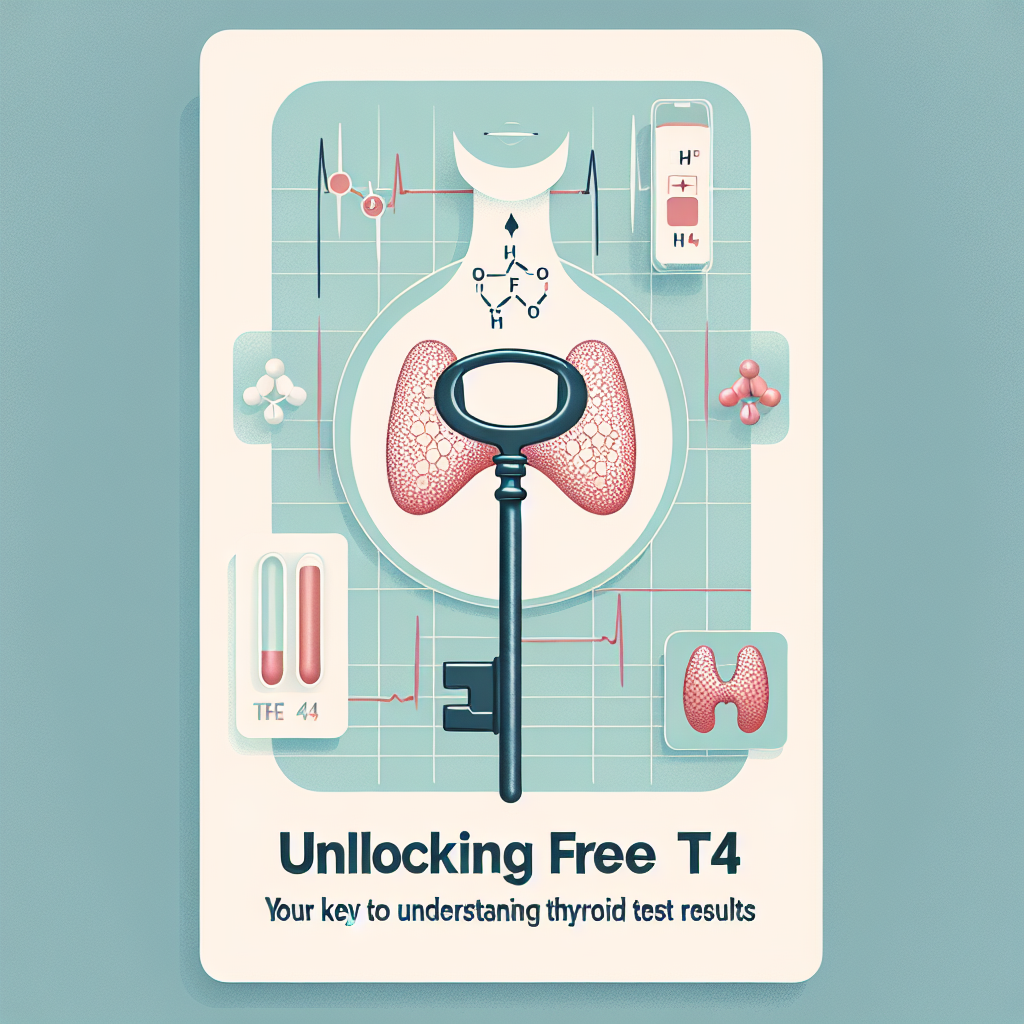Blood test results can sometimes prompt uncertainty, especially when the term “folic acid” is present. This article aims to clarify what this marker signifies, known interchangeably as folate or vitamin B9, equipping you with the knowledge to better understand your laboratory results.
Folic acid is a vital nutrient necessary for the body’s optimal functioning. As a water-soluble vitamin belonging to the B vitamin family, it is involved in a variety of biological processes. Familiarizing yourself with this marker can enhance your understanding of your overall health.
What is Folic Acid?
Folic acid represents the synthetic variant of vitamin B9, commonly found in dietary supplements and fortified foods, while its natural counterpart, folate, is present in various food sources. After being absorbed by the digestive system, it is converted into its biologically active form in the body.
Its primary function involves the synthesis of DNA and RNA—critical molecules that contain the genetic information required for producing all cells. Thus, vitamin B9 is indispensable for cellular production and repair, contributing to the development of red blood cells and the regeneration of skin or intestinal cells.
Why Measure Folic Acid Levels?
Assessing folic acid levels in the blood serves as a vital indicator of nutritional health and cellular metabolism. Medical professionals often measure it for several important reasons.
Blood Test Objectives
- Assess Nutritional Status: A reliable marker of recent dietary habits.
- Diagnose Anemias: Deficiency frequently leads to “megaloblastic” anemia.
- Monitor Malabsorption: Conditions such as celiac disease can hinder absorption.
- Ensure Pregnancy Monitoring: Maintaining adequate levels is crucial pre- and during pregnancy to avert fetal anomalies.
- Control Medication Effects: Certain medications, like methotrexate, can disrupt its metabolism.
Folate levels function like a barometer, indicating whether the body has sufficient resources for its fundamental operations.
The Importance of Nutritional Interactions
Vitamin B9 operates synergistically with other nutrients, particularly vitamin B12. Together, they are crucial for the maturation of red blood cells; a deficiency in one can affect the other.
Furthermore, optimal red blood cell production relies on both folic acid and iron. A deficiency in folate may impede the body’s ability to utilize iron, even if iron reserves are adequate. A comprehensive assessment is essential to determine the underlying causes of anemia.
How to Interpret Your Analysis Report?
When reviewing your results, folic acid levels are reported in nanograms per milliliter (ng/mL) or nanomoles per liter (nmol/L).
Understanding Reference Ranges
An analysis report typically looks as follows:
- Serum Folic Acid: 8.2 ng/mL
- Reference Range: 3.1 – 20.5 ng/mL
Reference ranges illustrate the spectrum within which the results of 95% of a healthy population fall and may slightly differ depending on laboratory methods. Thus, it’s vital to refer to the normal ranges provided in your specific report.
Identifying a Value Outside the Normal Range
Laboratories often highlight abnormal values with visual indicators:
- An asterisk (
*) - Bolded result text
- Upward (↑) or downward (↓) arrows
- Alternating colors
A result falling outside the normal range doesn’t automatically indicate the presence of a medical issue. Only a healthcare provider can accurately interpret the results based on your overall clinical picture, symptoms, and any additional tests.
What Are the Causes of Abnormal Folic Acid Levels?
Alterations in folate levels can stem from a variety of influences, ranging from dietary habits to specific health conditions.
Conditions and Situations Linked to Low Levels
1. Dietary Deficiency
- Mechanism: A lack of folate-rich foods (like green vegetables and legumes) is the most prevalent cause.
- Typical Symptoms: Fatigue, irritability, pallor, and a sore tongue.
- Useful Complementary Tests: Complete blood count (CBC), vitamin B12 test.
2. Megaloblastic Anemia
- Mechanism: Insufficient vitamin B9 disrupts red blood cell formation, resulting in abnormally large and ineffective cells.
- Typical Symptoms: Shortness of breath during exertion, severe fatigue, dizziness, and difficulty concentrating.
- Useful Complementary Tests: Blood smear, reticulocyte count.
3. Intestinal Malabsorption Issues
- Mechanism: Disorders such as celiac disease or Crohn’s disease hinder nutrient uptake in the intestine.
- Typical Symptoms: Chronic diarrhea, abdominal discomfort, and weight loss.
- Useful Complementary Tests: Endoscopy, specific antibody testing.
Possible Causes of High Levels
Elevated folic acid levels are less frequently encountered than deficiencies.
1. Excessive Supplementation
- Mechanism: High doses consumed through dietary supplements are the primary contributing factor.
- Typical Symptoms: Generally none; however, excessive intake may mask vitamin B12 deficiency signs, delaying diagnosis.
- Useful Complementary Tests: Vitamin B12 and homocysteine assays.
2. Liver Disorders
- Mechanism: The liver is pivotal in folate metabolism; certain liver diseases may disrupt this process and lead to falsely elevated blood levels.
- Typical Symptoms: Symptoms associated with liver disease, such as jaundice and fatigue.
- Useful Complementary Tests: Comprehensive liver function tests.
Practical Tips for Managing Your Folate Levels
Building healthy habits is crucial for maintaining appropriate folate levels.
Prioritize a Folate-Rich Diet
Your diet serves as the foundation for adequate vitamin B9 levels. Always aim to incorporate:
- Leafy Green Vegetables: such as spinach, lamb’s lettuce, kale, and salads.
- Legumes: including lentils, chickpeas, and various beans.
- Certain Fruits: such as citrus fruits, bananas, and strawberries.
- Liver (when consumed in moderation).
- Whole Grains or fortified products.
Natural folates are sensitive to heat and light, so gentle cooking methods like steaming are advisable to retain their nutritional benefits.
Follow-up and Medical Schedule
Your follow-up plan should align with your specific circumstances:
- Normal Level: An annual check-up as part of a health screening is adequate.
- Slightly Low Level: Begin with dietary changes followed by a blood test in 3 months.
- Confirmed Low Level: Schedule a medical consultation to determine the cause and start appropriate treatment, with regular follow-ups.
- Women Planning Pregnancy: Systematic supplementation is advised, starting at least one month prior to conception.
Frequently Asked Questions About Folic Acid
Can folic acid falsify a pregnancy test?
No. Pregnancy tests detect the hormone hCG, which folic acid does not influence.
How to distinguish fatigue due to deficiency from normal fatigue?
Fatigue caused by folate deficiency is often accompanied by additional signs: unusual pallor, rapid shortness of breath during exertion, dizziness, or a notably smooth and sore tongue (glossitis).
Is a high level without taking supplements possible?
Yes, this may result from a diet rich in foods fortified with folic acid (like specific breakfast cereals and flours). Less commonly, it may indicate a liver disorder or mask a vitamin B12 deficiency, so medical advice would be beneficial.
Do oral contraceptives have an impact?
Yes, long-term use of certain oral contraceptives may slightly reduce the body’s folate reserves. Discussing this with your healthcare provider is advisable, particularly if you are considering a pregnancy after discontinuing the pill.
Is there a link between folic acid and sleep?
Yes, studies indicate a potential link. Vitamin B9 is involved in producing neurotransmitters like serotonin and melatonin, which help regulate mood and sleep patterns. Maintaining adequate levels may lead to improved sleep quality.
Conclusion: An Essential Indicator for Your Well-being
Folic acid represents far more than a simple entry on your lab results. It serves as a barometer for your nutritional status and plays a central role in your body’s metabolic processes. Understanding its importance empowers you to take proactive steps for your health.
Key Points to Remember:
-
Folic acid (vitamin B9) is crucial for the creation of new cells.
-
A shortfall can result in considerable health issues, particularly related to your blood.
-
Maintaining an optimal status is chiefly achieved through dietary choices.
-
Specific circumstances, like preparing for pregnancy, demand increased vigilance.
If you are uncertain about your lab results, a discussion with your healthcare provider is the surest and most efficient route to receiving personalized advice.
Additional Resources
For more information and to decode other markers, more articles are available here.
Confused by Your Blood Test Results?
Gain instant clarity with BloodSense. Our platform interprets your blood test results online in minutes, transforming complex medical information into an easy-to-understand report. Take charge of your health today by visiting bloodsense.ai to receive your personalized insights now.







